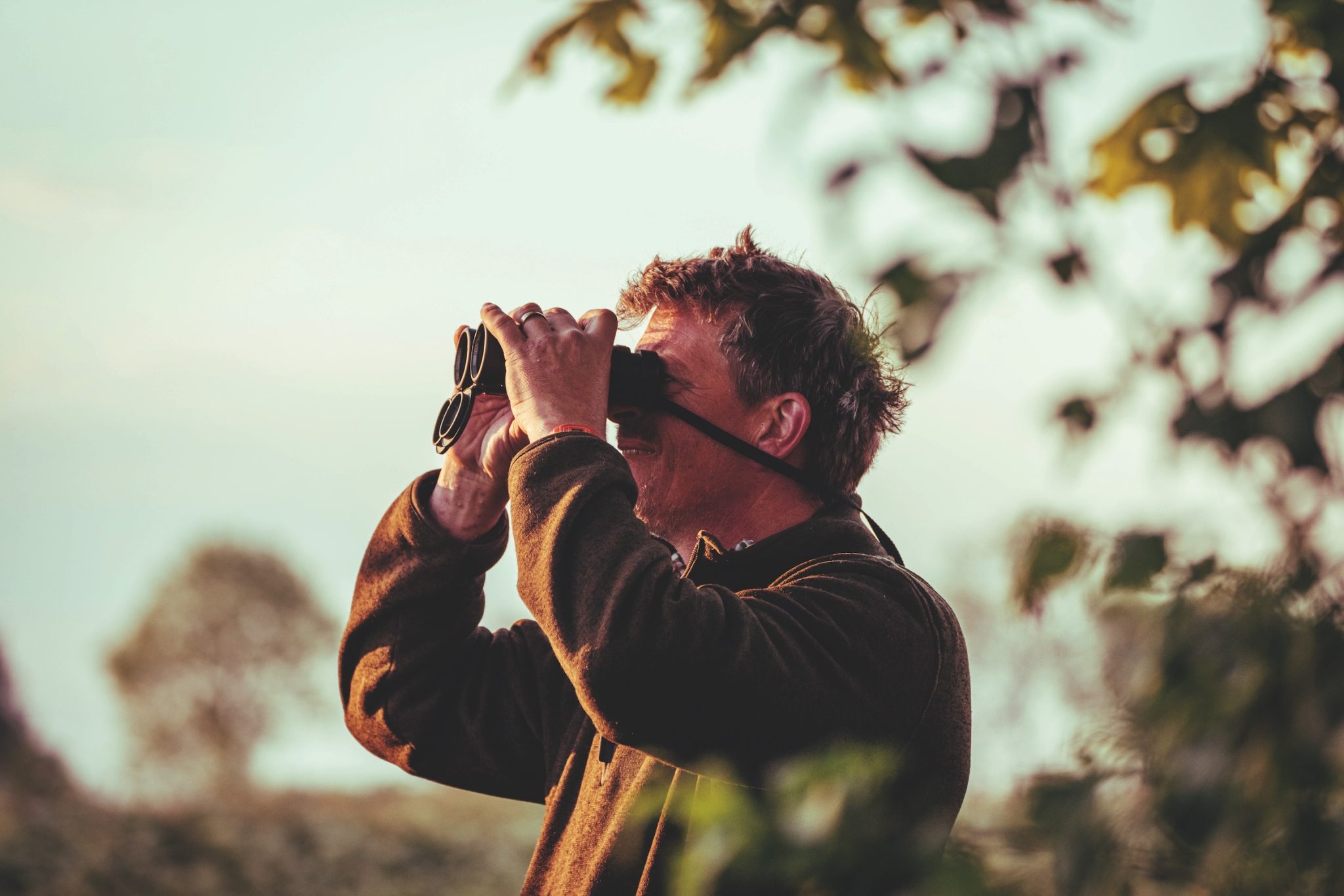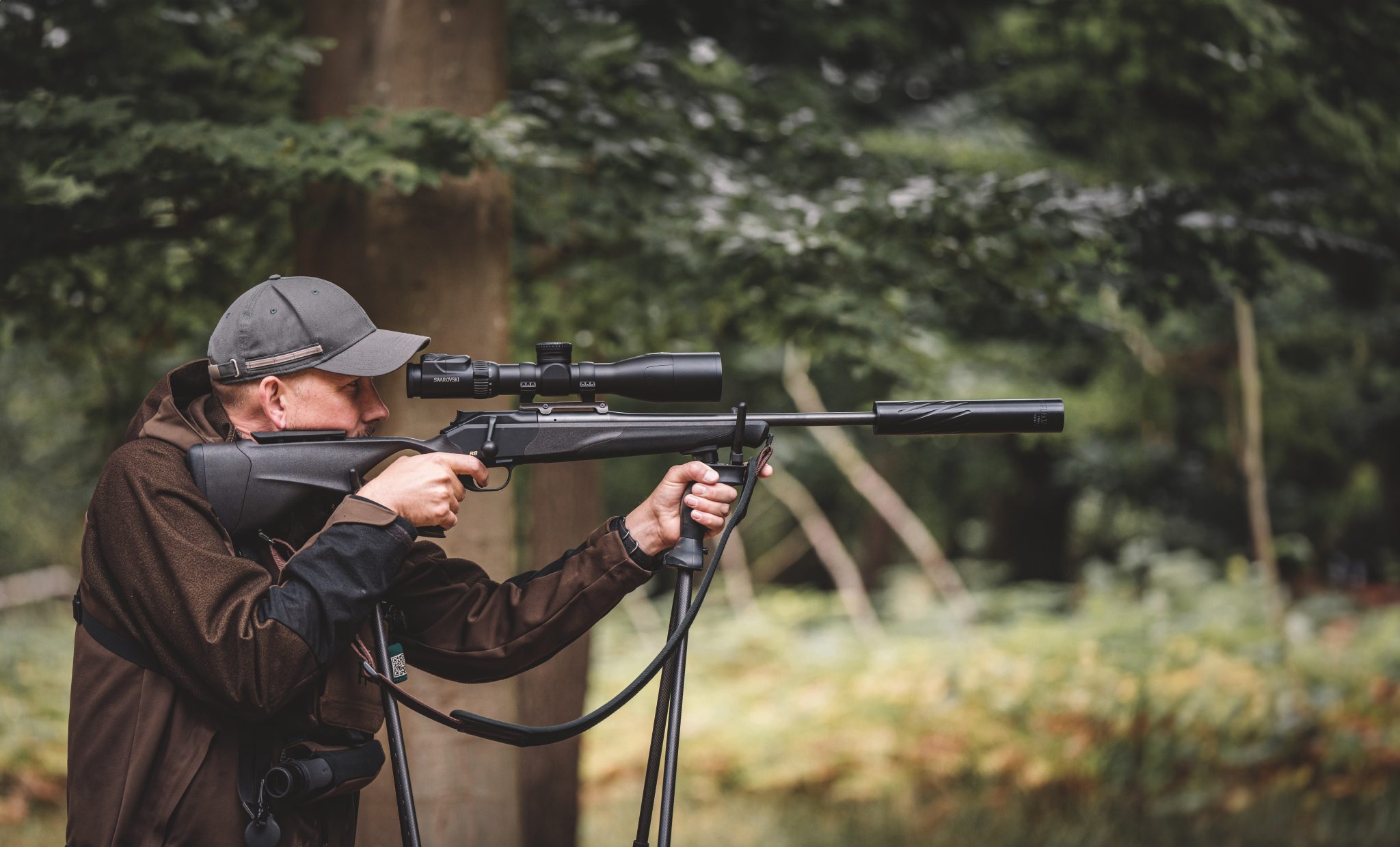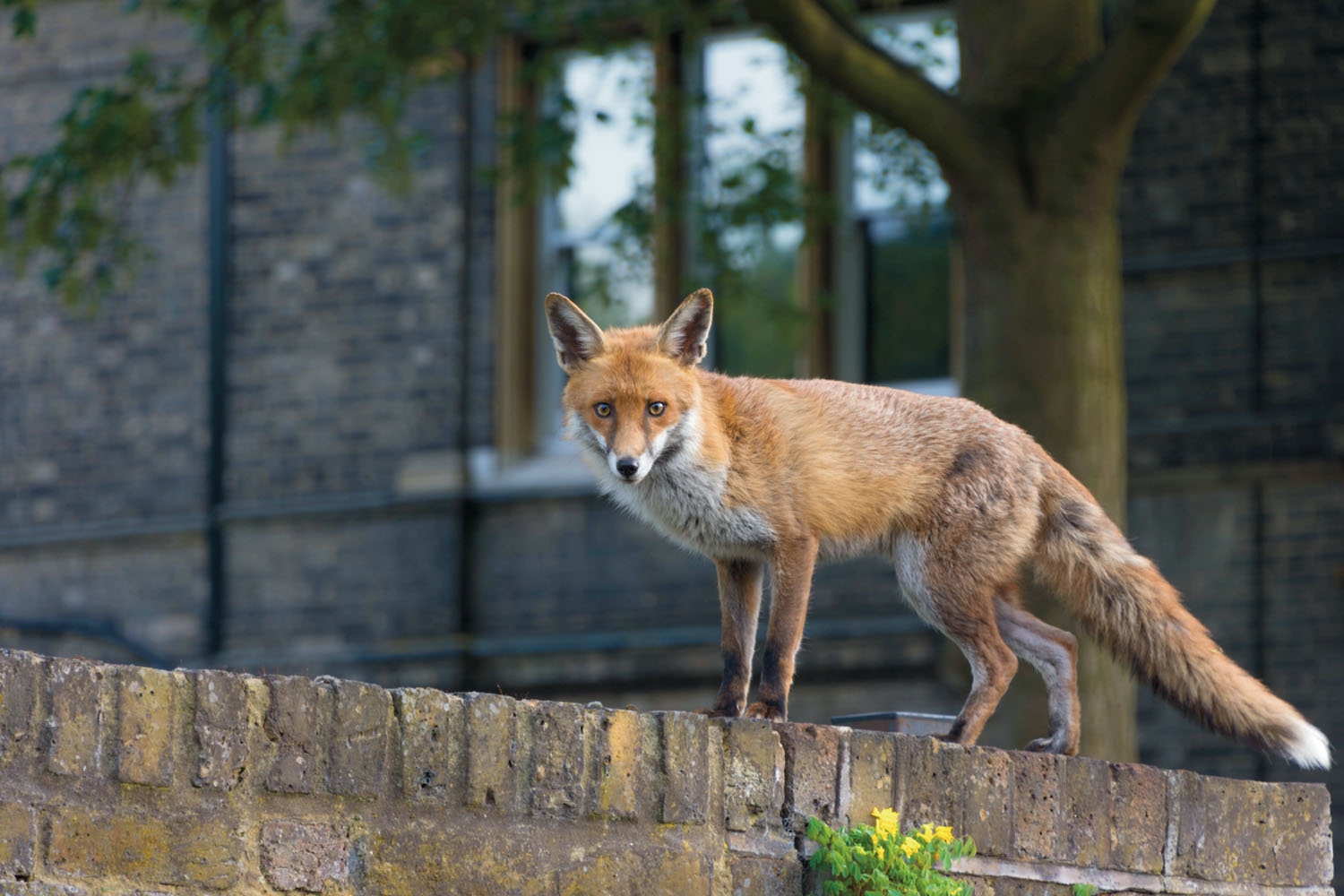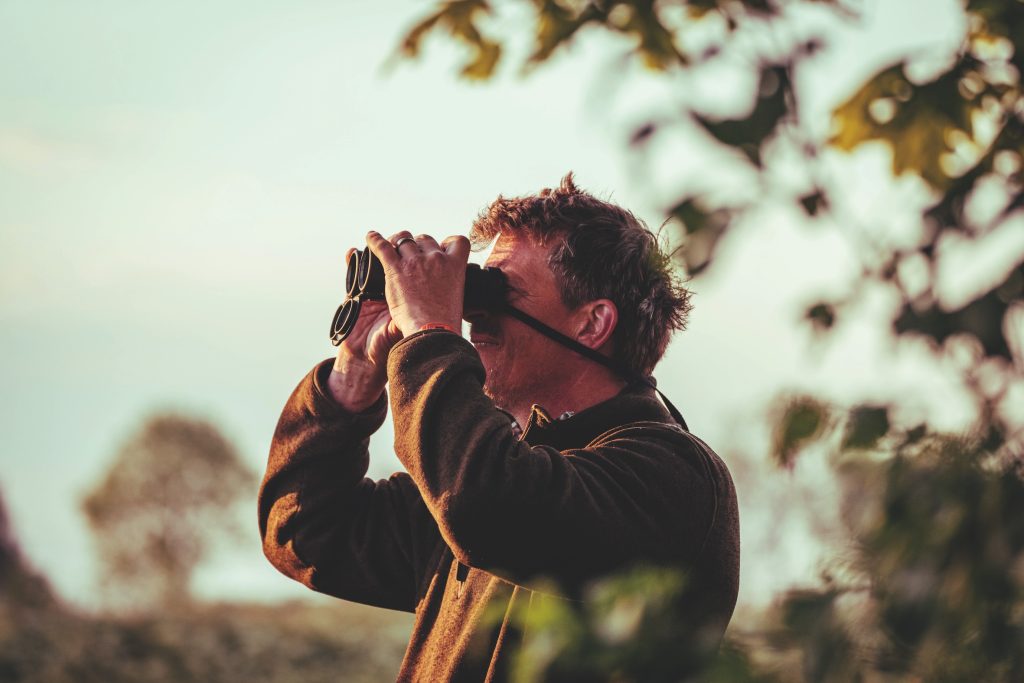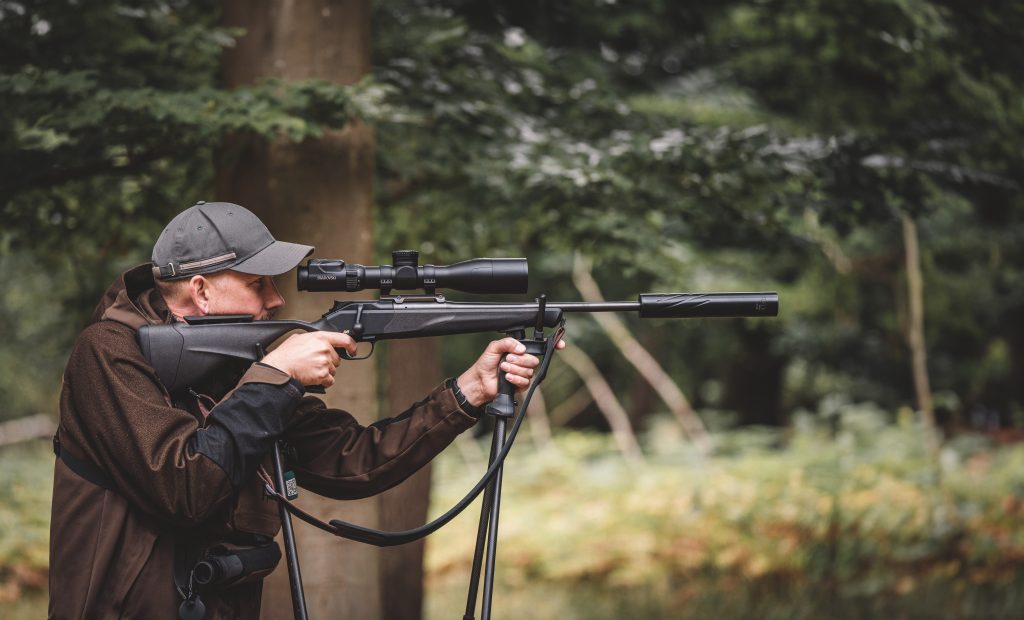★ Win a Schöffel Country shooting coat for everyone in your syndicate worth up to £6,000! Enter here ★
Raven shooting rules relaxed
Scottish livestock farmers have been granted new powers to allow them to cull greater numbers of ravens
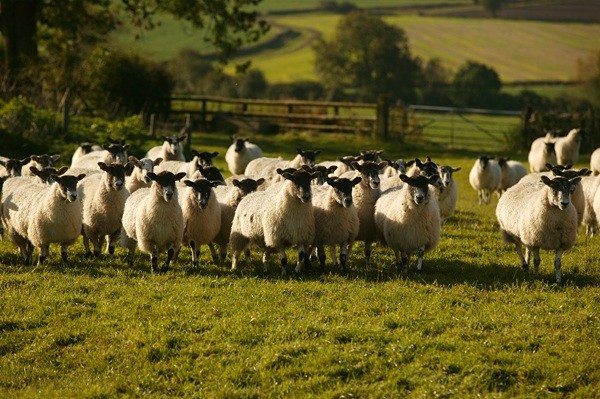
In conjunction with Scottish Natural Heritage (SNH), the Scottish Government has announced new measures meaning farmers can shoot more ravens than previously permitted under special licence in order to protect their livestock.
In a recent letter to the National Farmers Union (NFU) Scotland,Scottish environment minister Mike Russell wrote, I am well aware that in the spring of 2008, the problem of raven predation on livestock during the breeding season seemed to increase dramatically. Reports from the farming community indicated that the problem had escalated from the odd newborn lamb being attacked to healthy lambs and calves, often some days old, becoming victims of raven attacks.
A condition in the 1981 Wildlife and Countryside Act allows for a specific number of ravens to be killed under each licence granted.
This figure is set by the Scottish Government or SNH. The new measures will mean that bag limits can now be increased in areas where the problem is most prevalent. It is hoped this will reduce the need for farmers to apply for additional licences to raise the number of birds they can take.
In circumstances where a farmer has a recurring problem, SNH will also consider issuing a two-year licence, so that action can be taken as soon as a problem arises. These licences will state the number of birds which can be taken in each year.
Additionally, the Scottish Government has said it is prepared to consider issuing licences allowing the use of decoys where a case can be made that this is the only way to draw birds that are causing damage close enough to target an individual to be shot as part of an overall scaring regime.
The rest of this article appears in 15 January issue of Shooting Times.
What is YOUR opinion?
Join other ST readers in our forums to discuss your views.
Like this article? Mark this page on a social bookmarking website…
Related Articles
Get the latest news delivered direct to your door
Subscribe to Shooting Times & Country
Discover the ultimate companion for field sports enthusiasts with Shooting Times & Country Magazine, the UK’s leading weekly publication that has been at the forefront of shooting culture since 1882. Subscribers gain access to expert tips, comprehensive gear reviews, seasonal advice and a vibrant community of like-minded shooters.
Save on shop price when you subscribe with weekly issues featuring in-depth articles on gundog training, exclusive member offers and access to the digital back issue library. A Shooting Times & Country subscription is more than a magazine, don’t just read about the countryside; immerse yourself in its most authoritative and engaging publication.



